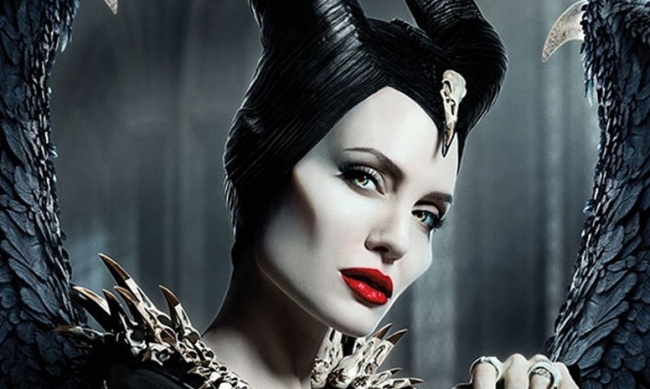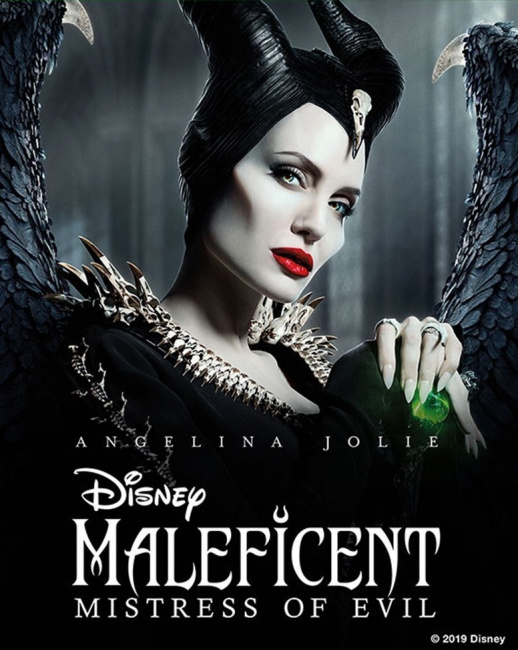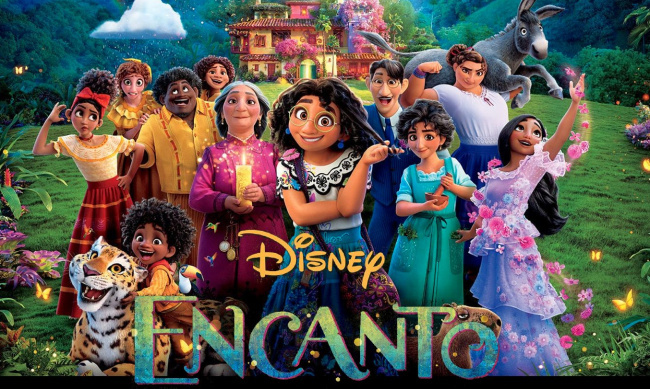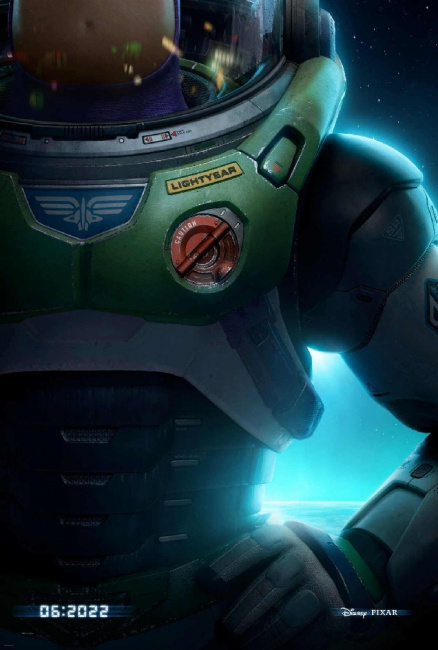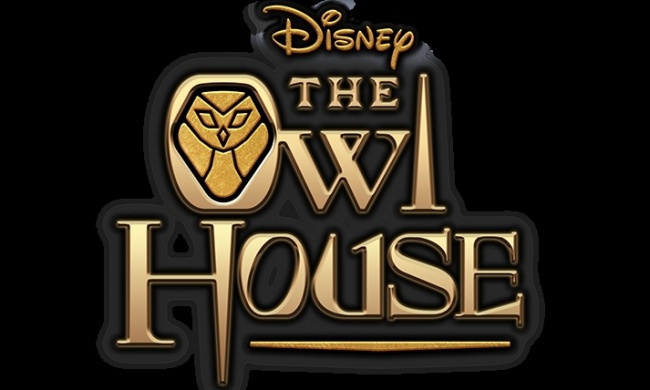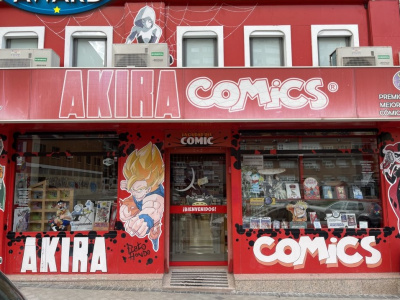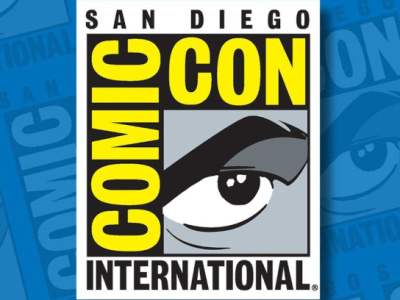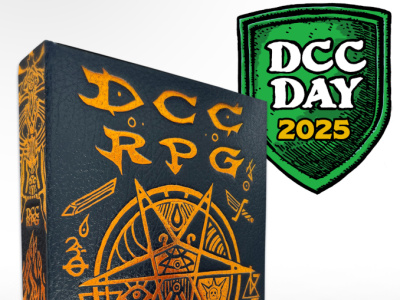Back in 2009 when Disney acquired Marvel, the only thing the two corporations seemed to have in common was they were both synergistic youth entertainment conglomerates. One was kids, families, and fairy tales; the other adolescents, young adults, and pulp fiction by way of dime novels and penny dreadfuls. But, one thing they did have in common was villains; they knew how to create and merchandise memorable larger-than-life villains. Thanks to properties like Descendents, about the teenage children of Disney villains, and the Disney Villains novel series by Serena Valentino, Disney characters like Maleficent and Cruella de Vil are undoubtedly better known and generate more revenue than Loki and Magneto do put together.
But, we seem to have entered a “post-villain era” in animation where a lot of recent Pixar and Disney movies don’t have a traditional villain. While they had all various antagonists, the primary villain in movies like Moana, Luca, Frozen II, Encanto, and Turning Red are internal conflicts and intergenerational trauma. I don’t think Disney will abandon villains entirely, they’re worth too much, but we’re clearly entering a world where such a previously unthinkable thing is not just possible but (extremely) profitable. The upcoming Pixar movie Lightyear will feature Buzz Lightyear’s traditional enemy Emperor Zurg. Though I’m guessing he won’t be the a one-note space conqueror, we saw in the animated series Buzz Lightyear of Star Command, given that “Lightyear producer Galyn Susman says details about Emperor Zurg are a spoiler, and therefore they can't reveal much before the movie's release."I mention all of this because I’d like to suggest one of the problems with contemporary comics is an overreliance on the traditional superhero/ supervillain conflict. In spite of the fact current comics are supposedly more sophisticated than they were in decades past, too many Marvel and DC titles still rely on the hidebound formula that requires X amount of action per issue. And of course, a supervillain.
Maybe it’s long past time publishers abandoned that formula (or at least to use it a whole lot less) and try something else. Instead of giving readers what they think they want, perhaps they should take a page from Will Eisner’s The Spirit and feature stories that put superheroes into stories that span the genres and deal with human problems and human feelings.
On May 20 the 2022 film Chip 'n Dale: Rescue Rangers, debuted on Disney+, and happily, it isn't a reboot or revival of the franchise. It’s much more a weird, meta-comedy where the title characters, voiced by comedians John Mulaney and Andy Samberg, navigate their way through a Who Framed Roger Rabbit-style combination of live-action and animation. It is wonderful and stuffed with cameos by animated characters from both Disney and otherwise, many of which come as delightful surprises. I don’t want to ruin it for those who haven’t seen it yet, but there are appearances by three comics-related characters that are worth mentioning: Cathy from the long-running comic strip of the same name by Cathy Guisewite, Robert Crumb's Mr. Natural from Underground Comix, and Tigra from the 1999 animated series. The Avengers: United They Stand.
And finally, back in April (see "So Long As You Don't Say 'Gay'") while writing about the “Don’t Say Gay” bill in Florida, I once again wrote about one of my favorite shows, the horror-tinged fantasy The Owl House. For two seasons show, creator Diana Terrace has been quietly developing a romance between Luz and Amity, a pair of fourteen-year-old girls. It was sweet and awkward and for several episodes, it stayed at the cheek kissing, hand-holding stage.Until last Saturday, while during the episode “Clouds On The Horizon,” they finally kissed. And, as far as I can tell, there has been no online outrage, which is strange. We’re in the middle of this “culture war” thing where nearly anything anyone says or does can be seen as an assault on someone. I didn’t mention it here at the time, but back in January Minnie Mouse briefly exchanged a dress for a pantsuit and it caused a major eruption on Twitter.
So you’d think someone like this would cause a major meltdown but so far, no. Maybe it’s because since it’s not a movie it doesn’t matter as much to some people, or, maybe, at least some of them have come to the realization this just isn’t that big a deal.
The opinions expressed in this column are solely those of the writer, and do not necessarily reflect the views of the editorial staff of ICv2.com.



